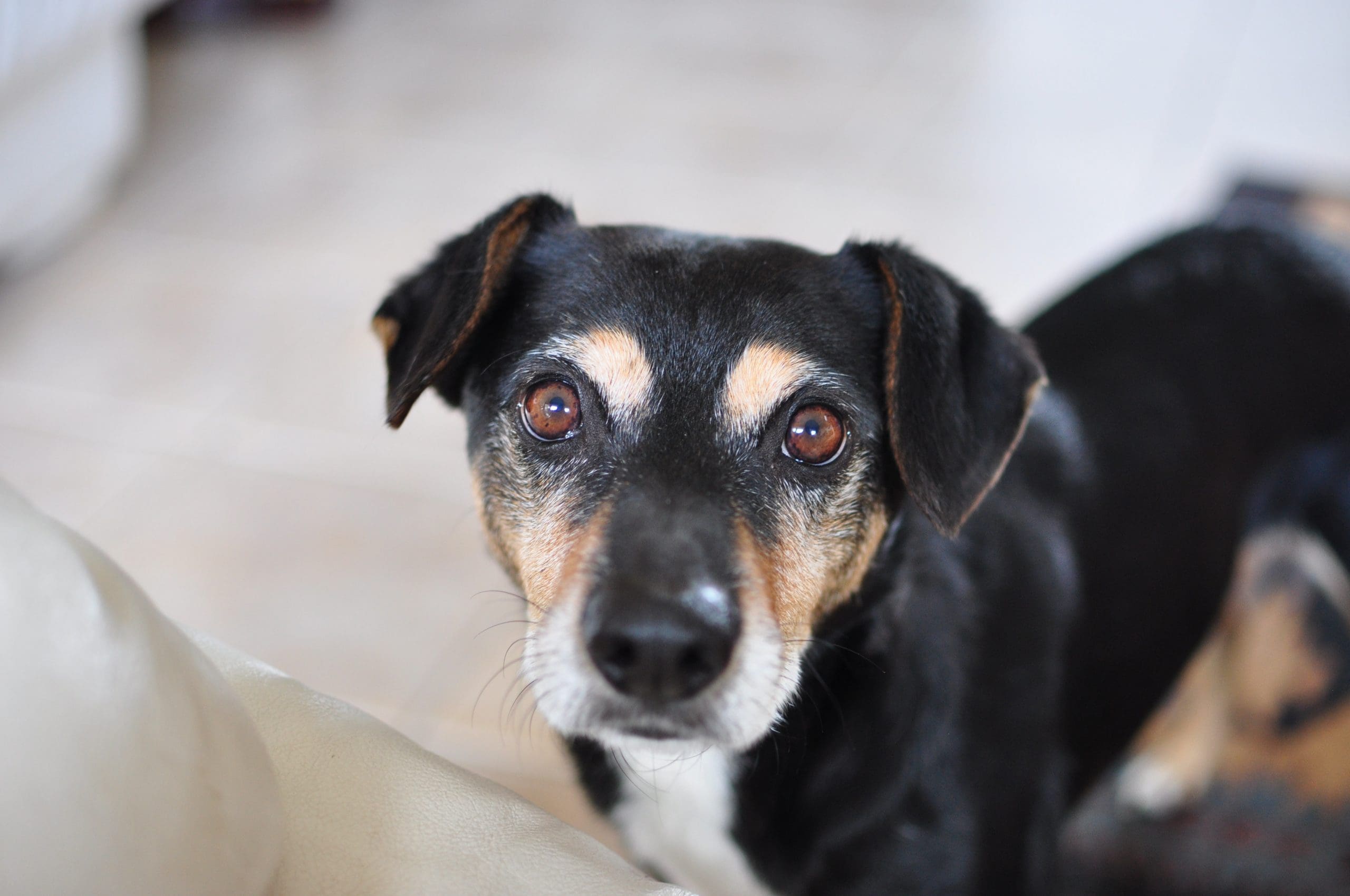Bathing a puppy can be enjoyable for both you and your furry friend, but knowing the right time to start this grooming routine is essential. Puppies are curious and playful, often finding themselves in messy situations. Their skin and coats are sensitive, especially in the early stages of life. Timing is key to keeping them clean without causing discomfort.
Most breeders suggest waiting until a puppy is about eight weeks old for their first bath. At this age, they are typically weaned and beginning to develop their immune systems. Bathing younger puppies can strip their skin of natural oils, which are vital for maintaining healthy fur and skin. Until they reach eight weeks, it’s best to keep them clean by gently wiping them with a damp cloth or pet-safe wipes. This method helps remove dirt without overwhelming their sensitive skin.
Creating a Positive Bathing Experience
When the time comes for that first bath, it’s crucial to create a positive experience. Select a warm, quiet environment where your puppy feels secure. Depending on their size, you can use a sink or a bathtub. Ensure the water is lukewarm—hot water can be uncomfortable, while cold water can be shocking. Testing the water temperature with your wrist can help gauge its comfort.
During the bath, opt for a mild puppy shampoo specifically formulated for their delicate skin. Human shampoos may be too harsh and can cause irritation. Apply a small amount of shampoo and gently lather, avoiding the eyes and ears to prevent discomfort. Rinse thoroughly to ensure all shampoo is washed away, as any leftover soap can lead to skin irritation.
Drying Your Puppy
After rinsing, wrap your puppy in a soft towel to help absorb excess water. Some puppies may be startled by the sound of a blow dryer, so letting them air dry in a warm, safe spot is usually advisable. If you decide to use a blow dryer, keep it on the lowest setting and hold it at a distance to avoid overheating.
Establishing a Bathing Schedule
As your puppy matures, establish a regular bathing schedule based on their lifestyle and activities. Puppies that spend considerable time outdoors or love playing in the mud may require baths more often than those that stay indoors. However, be careful not to over-bathe. Excessive bathing can strip essential oils from their skin, resulting in dryness and irritation. Generally, bathing every month or every few months suffices for most puppies.
Monitor your puppy’s coat and skin condition. If their fur appears greasy or they develop an odor, it might be time for a bath. Additionally, if your puppy rolls in something particularly messy or smelly, a bath is necessary for their cleanliness and comfort.
Bathing an Eight-Week-Old Puppy
Bathing an eight-week-old puppy follows a similar process to bathing older puppies, but with extra care. Ensure you have all necessary items within reach: puppy shampoo, towels, and a non-slip mat to prevent slipping. Start by gently wetting your puppy’s coat, then apply shampoo and lather carefully. Rinse thoroughly to remove all soap residues.
Bathing can be a new experience for puppies, and some may feel anxious. Remaining calm and reassuring throughout the process is vital. Speak softly to your puppy and offer treats or praise to create a positive association with bath time. This approach will make future baths easier and less stressful for both of you.
The Importance of Grooming
In addition to regular baths, grooming is essential for keeping your puppy clean. Brushing helps remove loose fur, dirt, and debris while distributing natural oils. The frequency of brushing depends on your puppy’s breed and coat type. For example, long-haired breeds may require daily brushing, while short-haired puppies might need brushing just once a week.
Health Considerations
When deciding when to bathe a puppy, prioritize their health and comfort. If your puppy has any skin conditions or sensitivities, consult your veterinarian before starting a bathing routine. A veterinarian can provide tailored recommendations. Also, ensure your puppy is up to date on vaccinations before exposing them to public places like dog parks or grooming salons, as young puppies are more vulnerable to infections.
Alternatives to Bathing
For those wondering about alternatives to bathing, dry shampoo specifically formulated for dogs can freshen up your puppy’s coat without water. Pet wipes are also handy for quick clean-ups after outdoor play sessions.
A clean puppy is a happy puppy, and regular bathing and grooming strengthen the bond between you and your furry companion. As your puppy grows, they will become accustomed to bath time, making it a routine they look forward to. Prioritizing their well-being, using appropriate products, and maintaining a positive bathing experience will help ensure your puppy grows up healthy and happy.

